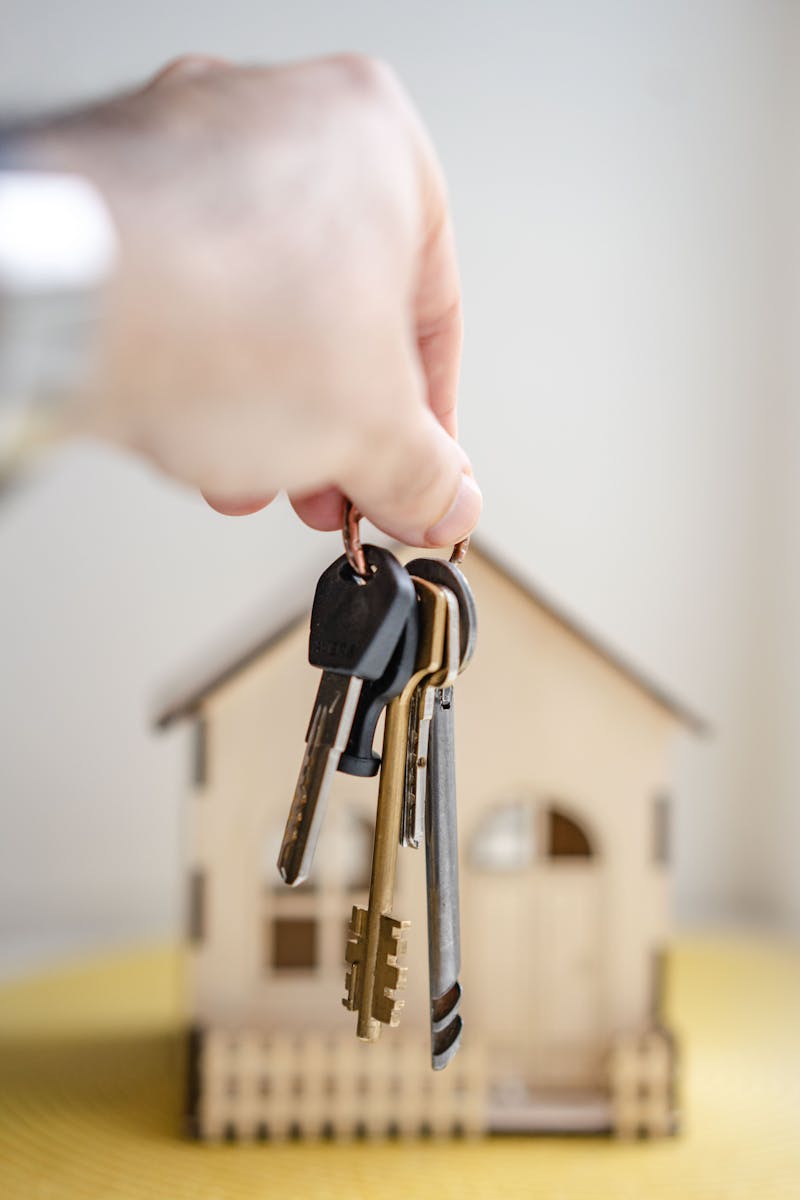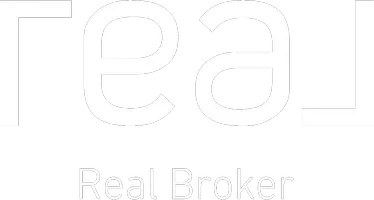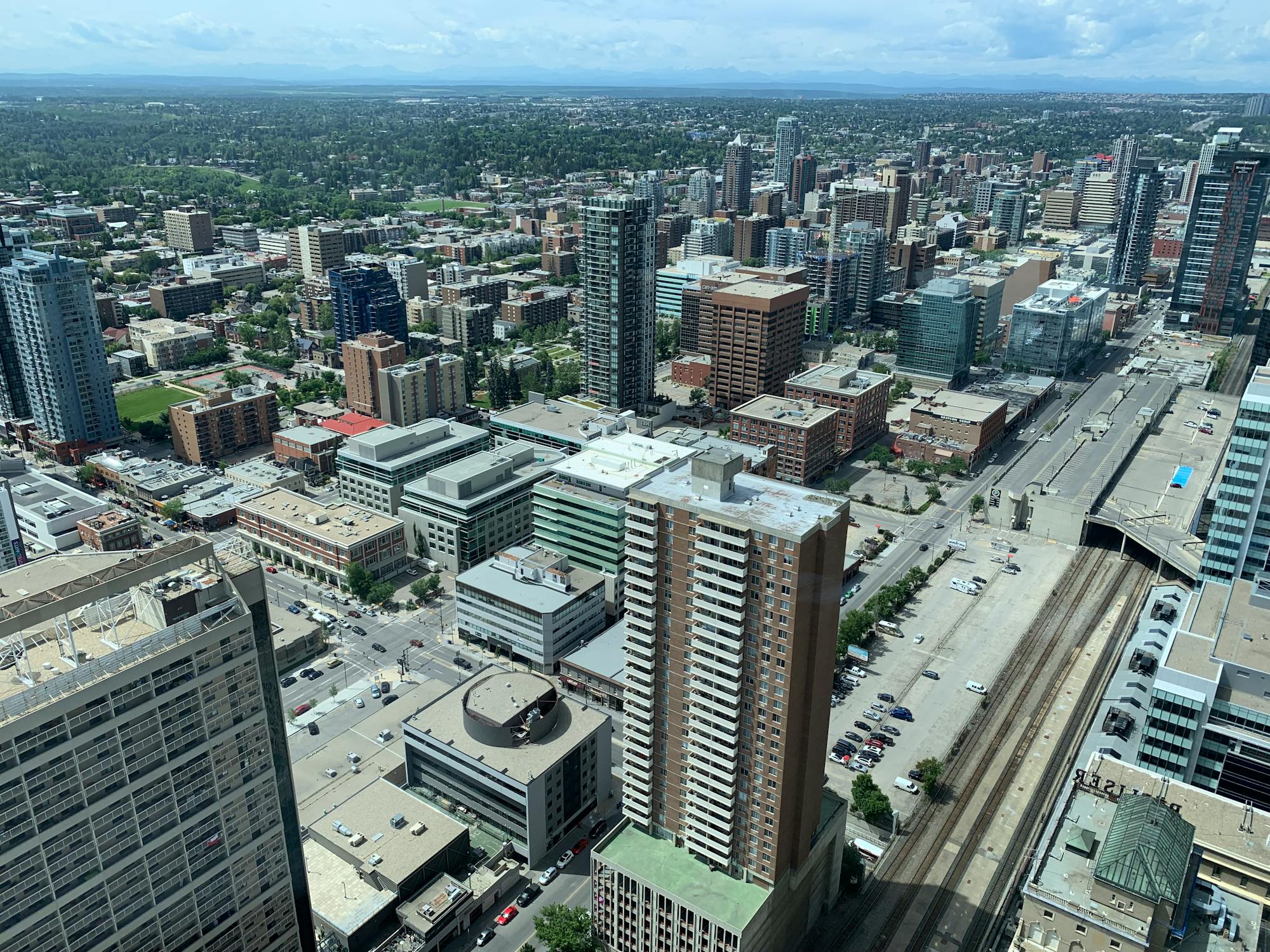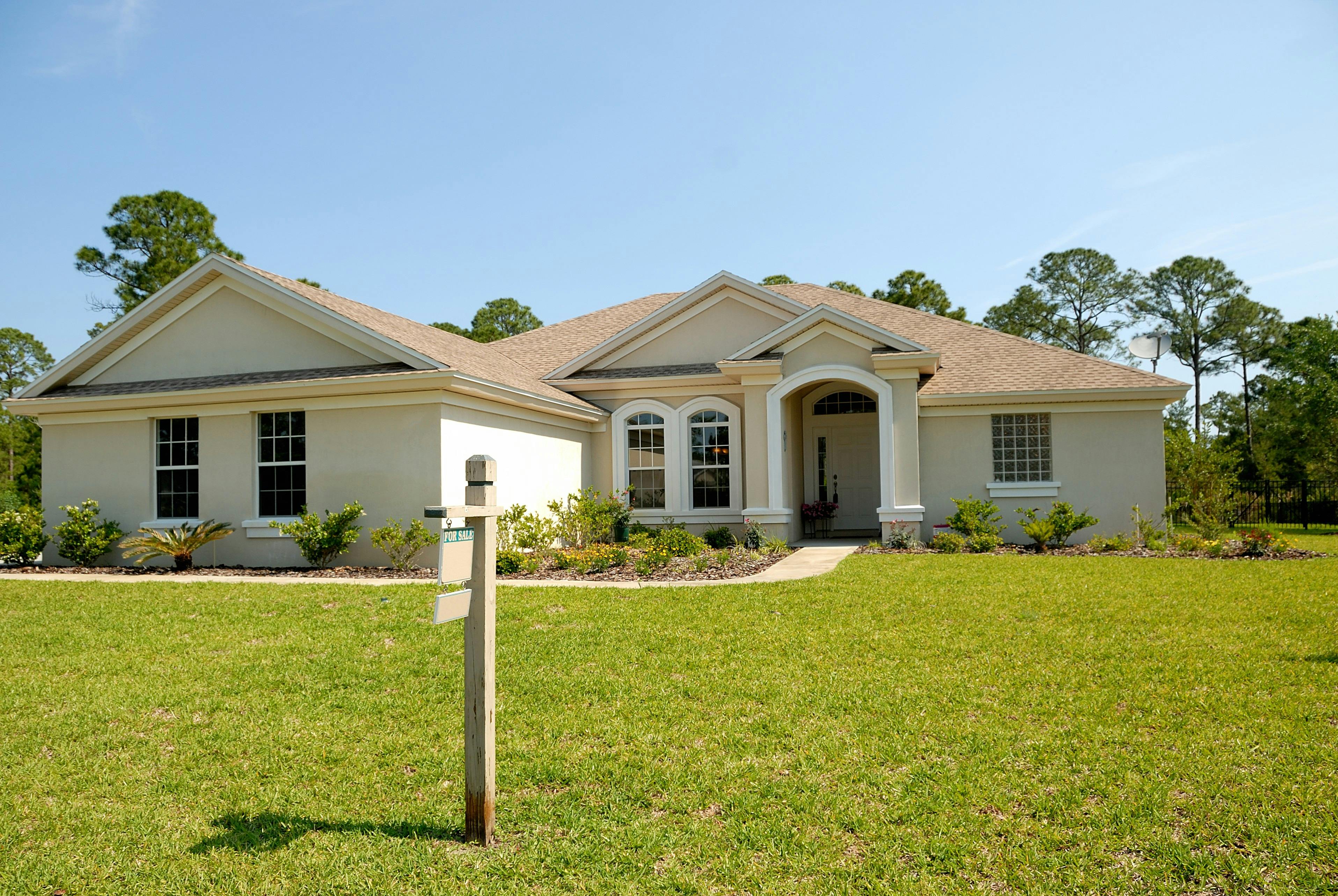Cost of Selling Your House in Alberta

Cost of Selling Your House in Alberta
Selling your house can be an exciting and stressful time, but it's important to understand the costs associated with the process. In Alberta, there are several expenses you can expect to pay when selling your home. These costs can vary depending on a variety of factors, including your home's sale price and the services you require.
Key Takeaways
- On average, closing costs in Alberta are about $12,911.
- Expect to pay between 3% to 5% of the total property value in closing costs.
- Be aware of additional fees that may apply depending on your specific situation, which includes everything from mortgage penalties to specialty movers.
- Work with a qualified real estate agent to understand the closing costs you'll be responsible for.
- By understanding the costs associated with selling your home, you can better prepare for the financial aspects of the process.
Example: What Are the Selling Costs for a $500,000 House?
Here's a breakdown of the typical expenses you can expect to pay, using an example property worth $500,000:
- Real estate commission: $22,050, which is 7% of the first $100,000 and 3.5% of the remaining $400,000, and this is split between the seller’s agent and the buyer’s agent.
- Real property report: $450, which is the cost of ordering the report, having the property surveyed, and ensuring compliance with the city, town, or county.
- Legal fees: $2,000, which will vary depending on the lawyer you use and the legal services you require. In most cases, legal fees are $1,000-$5,000.
- Moving fees: $1,500, which also varies depending on the moving company, how much stuff you have, and how far you’re moving it. For a move within the same city and a house’s worth of belongings, expect movers to cost $1,000-$3,000.
- Mortgage penalty: $2,000, but you might not have any mortgage penalty. The mortgage fees will vary depending on various factors, and might include other costs like a mortgage transfer fee if you’re switching lenders (this is usually around $500).
In this example, the net proceeds from the home is $472,000, which is the sale price of $500,000 minus the selling costs of $28,000.
Knowing the estimated net proceeds before you sell will help you understand if it’s a good time to sell. If the house in this example was purchased for $480,000 5 years earlier, then it wouldn’t make sense to sell, because you would be losing $8,000.
Costs Associated with Selling a House in Alberta
Home Improvement Costs
When selling your house, it's important to make sure it's in the best possible condition. This means that you may need to make some home improvements before putting it on the market. Here are some common home improvement costs to consider:
Repairs
Before selling your house, you should make any necessary repairs. This can include fixing leaky faucets, repairing damaged walls or floors, and replacing broken appliances. The cost of repairs will depend on the extent of the damage and the materials needed.
Painting
A fresh coat of paint can do wonders for the appearance of your home. Painting can help cover up any marks or stains on the walls and can make your home look more modern and inviting. The cost of painting will depend on the size of your home and the quality of the paint you choose.
Landscaping
Curb appeal is important when selling your home, and landscaping can help make your home more attractive to potential buyers. This can include planting flowers, trimming bushes, and adding new mulch. The cost of landscaping will depend on the size of your yard and the materials needed.
Pre-Inspection
Before you sell your home, it's a good idea to have a home inspection done. This can help you identify any potential issues that may need to be addressed before putting your home on the market. It can also give you an idea of what repairs or upgrades may be necessary to make your home more attractive to buyers.
A home inspection typically costs between $300 and $500, depending on the size, location, and age of your home. It's important to choose a reputable home inspector who is licensed and experienced. You can ask your real estate agent for recommendations or search online for home inspection services in your area.
During a home inspection, the inspector will examine your home's structure, systems, and components, including the roof, foundation, electrical, plumbing, HVAC, and more. They will provide you with a detailed report outlining any issues they find, along with recommendations for repairs or upgrades.
If you've already had a home inspection done, you may be able to use that report to help you prepare your home for sale. However, it's important to note that buyers will likely want to have their own home inspection done before finalizing the sale, so you should be prepared to address any issues that may come up during that inspection.
Overall, a pre-inspection can help you identify potential issues and make any necessary repairs or upgrades before putting your home on the market. This can help you sell your home more quickly and for a higher price.
Real Estate Agent Commission
When selling your house in Alberta, you will likely work with a real estate agent who will help you navigate the process and find potential buyers. In exchange for their services, realtors will take a commission on the sale of your home.
The typical combined real estate commission or fees of both the buyer and seller agents is 7% for the first $100,000 of the home's price and 3% of the remaining balance above $100,000.
Both the selling and buying realtor’s commissions are usually paid by the seller, so you’ll need to factor in this cost when selling your home. That said, there are certain selling costs you should expect your realtor to cover, including:
- Photography
- Video
- Measurements
- Staging
- Marketing expenses
- MLS service fee
Real Property Report (RPR)
When selling your house in Alberta, you will need to obtain a Real Property Report (RPR). A Real Property Report is a legal document that shows the boundaries of the property and any structures on it, such as buildings, fences, and decks. It also shows any easements or encroachments on the property.
An RPR is required by most mortgage lenders and insurance companies, as well as by the municipality where the property is located. It is recommended that you obtain an RPR before listing your property for sale, as any issues with the property can be identified and addressed before the sale process begins.
The cost of obtaining an RPR can vary depending on the location of the property and the surveyor you choose to work with. According to the Alberta Land Surveyors Association, the cost of a new RPR and compliance can range from $500 to $1500. Keep in mind that the processing time required by the municipality can also impact the timeline for obtaining an RPR, which can take up to a month.
Moving Costs
When selling your house, you will likely have to move to a new home. Moving costs can add up quickly, so it's important to budget for them. Here are some common moving expenses to consider:
- Moving service: If you hire a moving company, the cost will depend on the distance, amount of items, and other factors. The average cost of moving within Canada is around $1,250 to $5,000, but this can vary widely.
- Packing supplies: You may need to purchase boxes, tape, bubble wrap, and other supplies to pack your belongings. The cost will depend on how many items you have and where you purchase the supplies.
- Moving insurance: You may want to purchase insurance to protect your belongings during the move. The cost will depend on the value of your items and the coverage you choose.
- Storage: If you need to store your belongings before or after the move, there will be additional costs. The cost will depend on the length of time and the size of the storage unit.
- Cleaning: You may need to hire a cleaning service to clean your old home after you move out. The cost will depend on the size of your home and the extent of the cleaning needed.
Keep in mind that these are just some of the common moving expenses. Your actual costs may vary depending on your specific situation. It's a good idea to get quotes from moving companies and other service providers to get a better idea of your costs.
Capital Gains and Tax Implications
When you sell your house, you may be subject to capital gains tax. Capital gains tax is a tax on the profit you make when you sell an asset, such as a house, for more than you paid for it. In Alberta, capital gains tax is calculated as 50% of the gain and is added to your taxable income for the year.
However, if the property was your principal residence for every year you owned it, you may be eligible for the principal residence exemption. This means that you do not have to pay tax on the capital gain. It is important to note that you can only claim one property as your principal residence for any given year.
If you are not eligible for the principal residence exemption, you will need to report the capital gain on your tax return. You can use any capital losses you have to offset the gain, but if you have no capital losses, you will need to pay tax on the full amount of the gain.
It is recommended that you consult with a tax professional to determine your tax obligations when selling your house. They can help you understand the tax implications and provide advice on how to minimize your tax liability.
Categories
GET MORE INFORMATION








